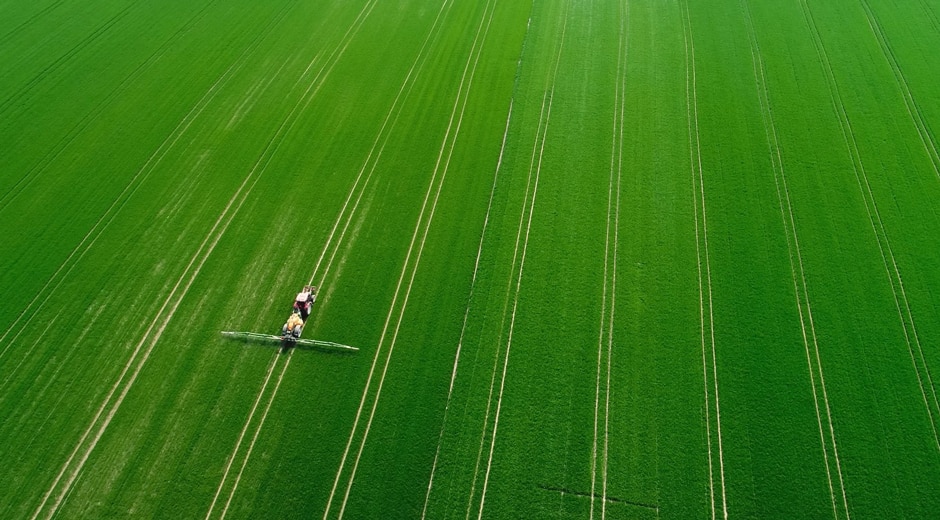10 stories about food waste is a documentary created by Electrolux together with food- pioneers Dan Barber, Anastasia Cole Plakias, Johan Jörgesen and Tristram Stuart. Its goal is to inspire people to live more sustainable in order to reduce food waste and the negative effects it has on the environment. The 25 minutes long film is exploring the fastest growing food-trends of today and reflects upon how we will consume food in the future.
In the making of the documentary, Electrolux found trends that indicate that the so-called nose to tail eating will be implemented in the households in the future. The wide range of choices that are available today will be decreased, instead there will be personalized portions calculated by wearable tech and made by a 3D printer. The food available in the stores will be frozen and urban farming will help schools, companies and households to have their own ecosystems; they will grow their own vegetables and take care of their own waste. With the help of new technology society will in some extent go back to its roots and consumers will be self-provided.
The documentary is divided into 10 chapters, each chapter highlights a separate challenge or solution within the theme food-waste, for example: food fit for you where food tech specialist Johan Jörgesen talks about personalized eating and Wasteland in which urban farming pioneer Anastasia Cole Plakias gives a tour at her urban farm on a rooftop in New York. The viewer gets to meet food-pioneers within tech, cooking and farming, they give the consumer advice on how to explore new flavors and maximize their food-experience by living a more sustainable lifestyle.
One of the pioneers contributing is also Dan Barber, chef and co-founder of award winning restaurant Blue Hill at Stone Barns in upstate New York. At his restaurant, menus are banned for good. It’s the chef who decides what the guests will eat depending on the season, the number of guests they have during that day, or simply what they have in the refrigerator. By having full control of the menu, they make sure that no vegetable or meat goes to waste.
“We don’t have menus at Blue Hill at Stone Barns because it forces us to be responsive to the farms that supply our food—to balance what the land provides and what we put on our plates. It also gives us the freedom (or it burdens us with the responsibility) to cook things people might not have chosen for themselves—all plants of the plant and animal. Not to mention, it’s just a heck of a lot more delicious.” -Dan Barber, chef/co-owner of Blue Hill and Blue Hill at Stone Barns.
“With this documentary, we want to entice the world to make more sustainable choices when it comes to food. By reflecting upon future trends and behaviors we want to inspire people to reconsider what food really is, be creative in how to consume it, and enjoy every ingredient on the plate,” says Henrik Sundström, Vice President Group Sustainability Affairs for Electrolux
Background information
Electrolux launched its food-centered social responsibility approach last year, initiating the Electrolux Food Foundation and launching the Feed the Planet partnership between Worldchefs, Electrolux and AIESEC. Several local and two global projects are now active across the world. Read more here: https://www.electroluxgroup.com/en/category/sustainability/food-foundation/


